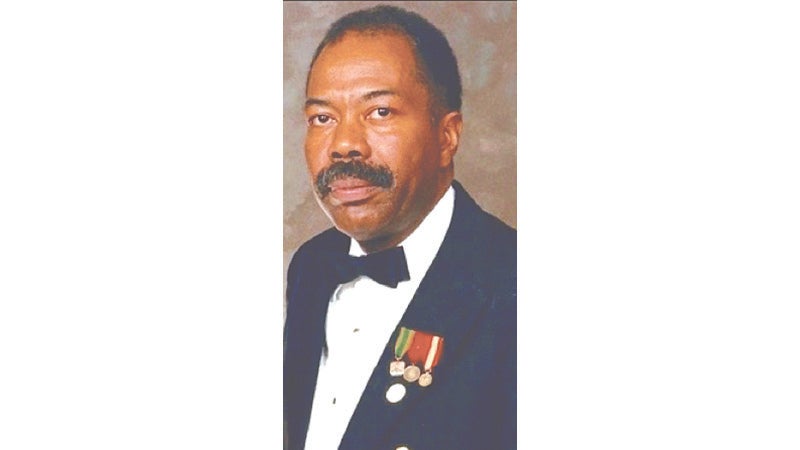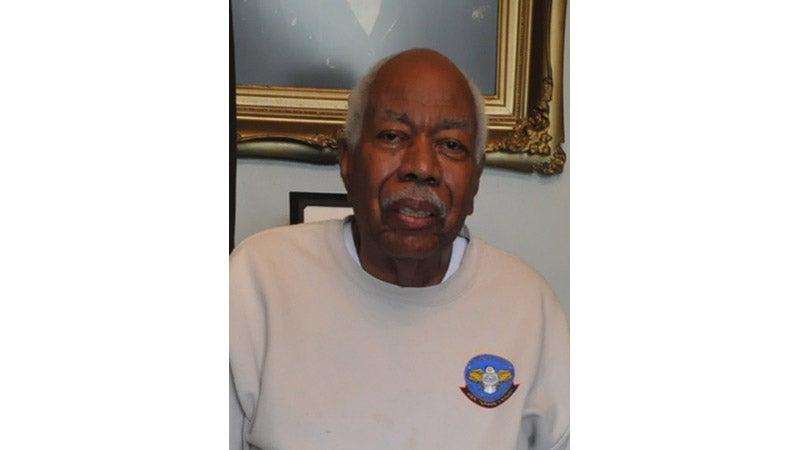Booker breaks patterns, racial lines with service
Published 6:00 am Wednesday, March 10, 2021
|
Getting your Trinity Audio player ready...
|
Master Chief Cryptologist Dr. John Booker, age 79, was born and raised in Cumberland County.
As a young man attending Luther P. Jackson High School, Booker noticed people around him were engaged in a sort of pattern — A cycle he wished to break free from.
Booker desired progress, and his search for it led him to join the U.S. Navy.
But this sailor has never had to worry about getting his sea legs.
“I’m one of these unique Navy people,” he laughed. “I spent 30 years in the Navy and — this one will blow your socks off — never stationed aboard a ship.”
Booker’s military career transformed him from a young farm worker to a Navy cryptologist.
Booker was trained in cryptology at the Naval Communication Station in Puerto Rico. During his 30-year Naval career, he was stationed across the U.S. and in many countries around the world, including the Philippines, Guam, Spain and Japan.
And though he progressed up the enlistment structure quickly, he encountered many struggles as a Black man. Booker was quite often the only person of color where he was stationed and did not encounter another Black cryptologist for the first five years of his service. Throughout his training, he experienced the brunt of institutional racism.
“Be that as it may, I found more good people than bad people,” he said.
Although he faced prejudice, Booker proved himself to be a capable, unstoppable force. He made history as the first Black person in his field to make senior chief. Three years later that record was shattered when he was promoted to master chief, the highest enlisted grade in the U.S. Navy.
Booker’s Navy career was filled with high achievements, from working as manpower manager for the North Atlantic Treaty Organization (NATO) and joint staff at the Naval Military Personnel Command in Washington, D.C., to serving as the officer in charge of a Navy courier service detachment in Atsugi, Japan.
In 1990, Booker requested and was granted permission from President George H.W. Bush to retire.
Even after retiring from the Navy, Booker continued to dedicate his time and service to the U.S. military, spending many years as a veteran service liaison and later as an adjudicator for the Veterans Administration.
Later, he worked as administrative chief for the Defense Nuclear Agency.
Booker received his academician (post-doctorate) degree for nuclear material management from the Belarus Academy of Science and Ecology.
Some of Booker’s most notable work occurred when he became an international project manager to assist countries in the former Soviet Union to become nuclear weapon-free. This included the total destruction of more than 150 strategic nuclear tunnels in Kazakhstan, an act which led to his earning the Medal of Honor from the Kazakhstan government.
In 2005, Booker “officially” retired, moving with his wife, Agnes, to Charlottesville.
And while he’s no longer denuclearizing entire countries, he keeps himself busy as an associate of the J.F. Bell Funeral Home. He’s also an active member of the Navy Cryptologic Veterans Association.
Looking back over his career, it’s certainly safe to say that Booker led no ordinary life. His extremely successful military and post-military work made for a lifetime of progress, one that he says he is very satisfied with.
When asked if he’d do it all again, he was quick to respond.
“Absolutely,” he said. “Absolutely. I would not have to think about it.”
To see the full Salute to Veterans edition click here.






